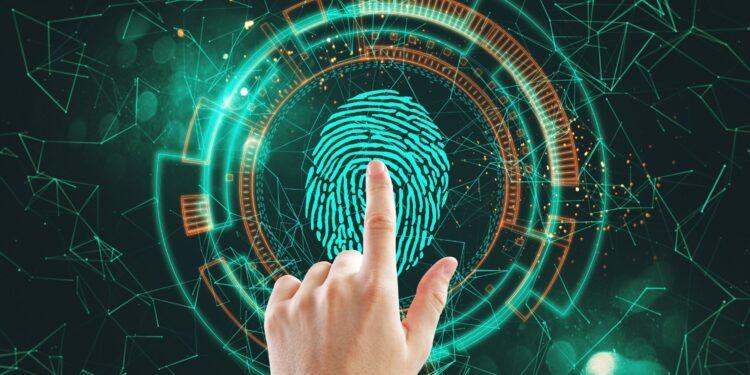South Korea will begin the nationwide rollout of mobile resident registration cards, with the phased distribution set to start on February 14 and conclude by March 14, 2025. It follows successful pilot programs conducted in nine regions, including Sejong and eight local governments, such as Hongcheon, Goyang, and Geochang.
The new system will allow South Korean citizens to access a digital version of their resident registration card directly on their mobile devices, enhancing convenience. As announced by the Ministry of the Interior and Safety, this expansion builds on the pilot phase’s positive results and aims to provide a seamless and secure digital alternative to physical ID cards.
The nationwide rollout will have three stages. The first stage, beginning February 14, will extend the mobile resident registration card system to the regions where pilot programs were previously conducted.
The service will launch on February 28 in Jeju Island, Ulsan, Daejeon, Daegu, North and South Jeolla, North and South Gyeongsang, and Gangwon Province. The second phase will then expand to Gyeonggi Province, Incheon, and the remaining areas of North and South Chungcheong, where higher demand is expected due to the larger and younger population. Finally, the third phase, set for March 14, will roll out in major metropolitan cities, including Busan, Seoul, and Gwangju.
Starting March 28, all eligible citizens across South Korea will be able to apply for the mobile resident registration card, regardless of their registered address. Citizens aged 17 and above who currently hold a physical resident registration card are eligible to apply for the digital version through the Korea Mobile ID app.
Those with older cards without an integrated circuit (IC) chip can still obtain a mobile ID by visiting their local community service center to scan a QR code. The mobile version is free of charge for both new applicants and those replacing older cards.
The process is streamlined for those with IC chip-enabled resident registration cards. They can easily obtain their mobile ID by tapping their physical card on their mobile device, which automatically issues the digital version. The system employs near-field communication (NFC) technology, similar to digital banking identification systems, ensuring a seamless and secure experience for users. Citizens who wish to upgrade their physical card to one with an IC chip can do so at community centers, with a re-issuance fee of 10,000 won ($6.85).
The system includes advanced security features, such as facial recognition for authentication, ensuring an extra layer of protection. If a physical card is lost, both the physical and mobile versions will be suspended for security reasons. However, if only the mobile version is lost, only the digital ID will be deactivated.
The mobile resident registration card will serve as a full-fledged alternative to the physical version, allowing citizens to verify their identities at government offices, banks, and hospitals. It will also enable seamless access to various online services, aligning with South Korea’s broader push for digital transformation.







